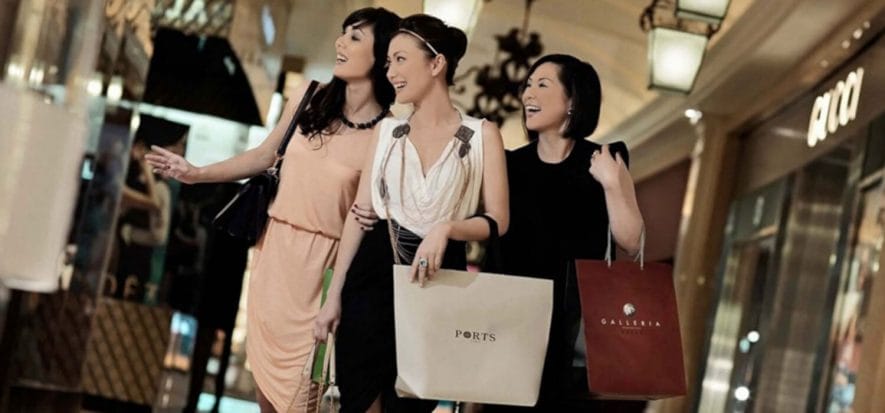In 2018, Hong Kong customers have been spending less for luxury articles (not just for fashion items and accessories, but also for watches, jewellery and other), compared to the previous years. After a slight recovery in summer, in September sales collapsed; likewise, in October the trend is rather negative, according to data provided by Nikkei Asian Review. The car market is not sending comforting messages either: in fact, in September new registrations dropped by slightly less than 12% on annual basis, declining for the third month in a row. In other words, although many players keep being confident in China’s recovery chances (among others, Marco Bizzarri, chief executive officer of Gucci, who has recently focused the brand’s business strategies on the C Generation), China is seemingly losing ground. That is the time bubble: it is no coincidence, then, that Zegna group announced at Bloomberg their intention of reconsidering their plans about the opening of new stores in China. This is the best possible picture of the current business situation. What is the matter? Wang Dan, financial analyst of the Economist Intelligence Unit, pointed out, while talking to Nikkei Asian Review, that “economic slowdown is bound to jeopardize consumers’ faith; hence, they will postpone their luxury shopping”. Likewise, Luca Solca (Exane BNP Paribas) remarked, at the same magazine, that “if such negative trend, which might also get worse owing to international trade conflicts, goes on, customers will consequently spend for luxury articles less than they used to do”. The ball is still in Chinese government’s court: allegedly, they are about to set a plan to reduce income taxes and duties on shopping, along with more generous measures to get access to credits. The aim is to foster and boost their domestic market. The whole high-end industry might potentially collapse because of China’s slowdown.










